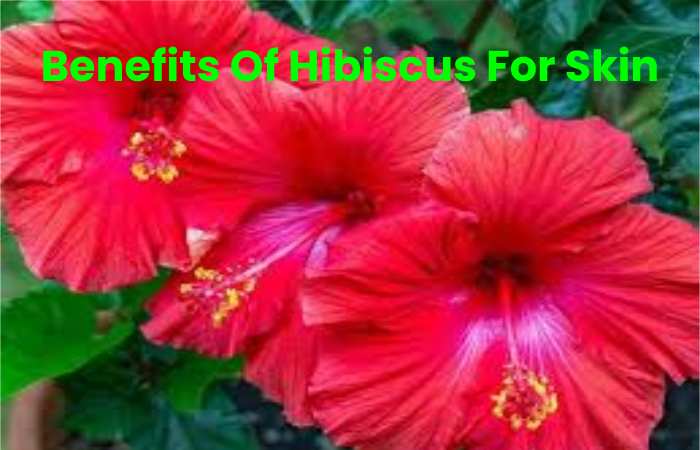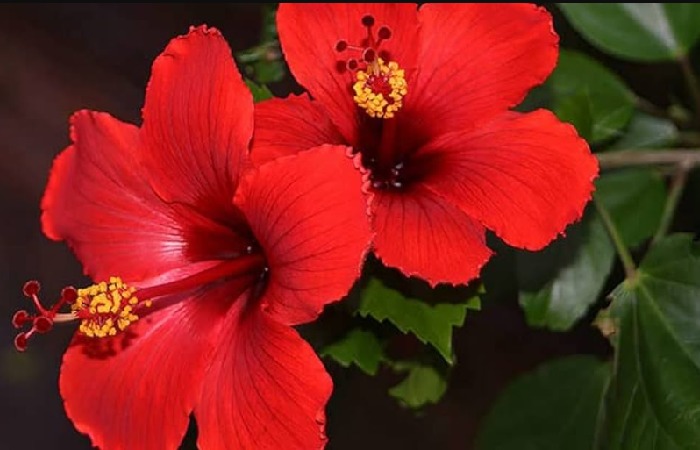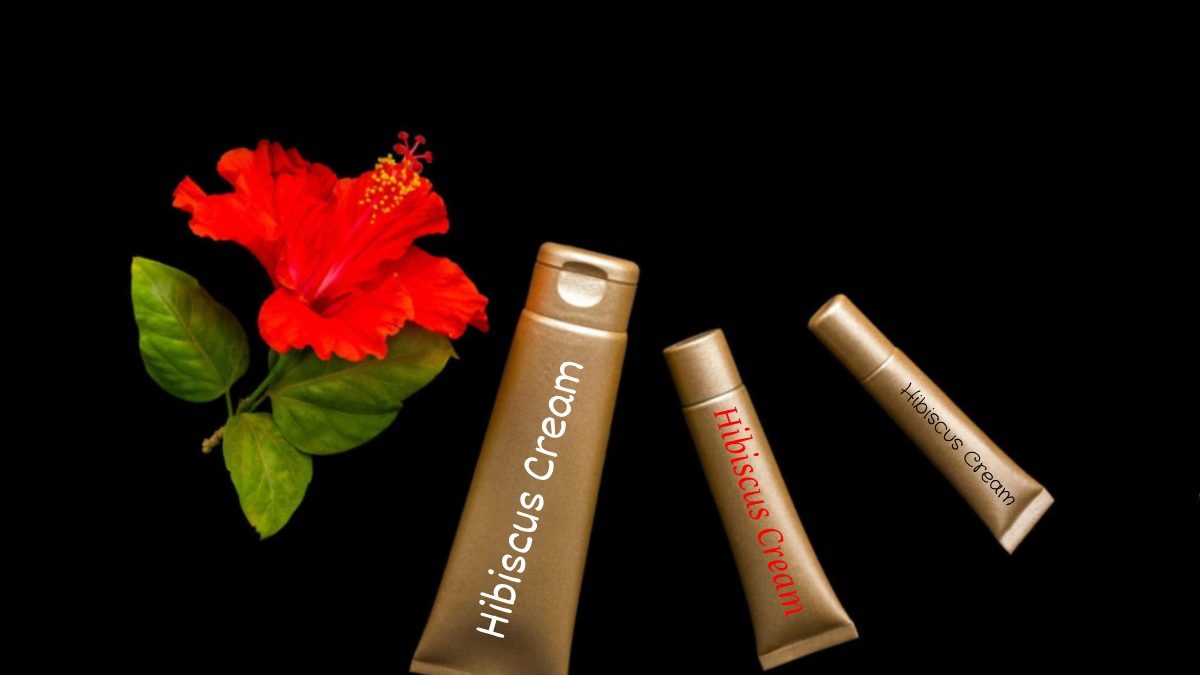Hibiscus Cream: Are you aware of hibiscus’s unique benefits and goodness to your skin? Often referred to as ‘botox herb’, hibiscus is power-packed with minerals, vitamins, and antioxidants that make your skin look youthful and supple. In this article, we tell you how hibiscus benefits your skin and what are the most effective ways to use it on your skin.
Table of Contents
Is Hibiscus Good For Skin?
Hibiscus is an ultra-hydrating and nourishing herb that is a rich source of protein, calcium, copper, iron, magnesium, manganese, potassium, zinc, and vitamins-A, B6, C, E, and K. Besides; it also contains niacin, thiamin, riboflavin, antioxidants, alpha hydroxy acids, beta hydroxy acids, malic acid, and many other compounds that benefit your skin.
“In Ayurveda, hibiscus is called ‘Japa’ and classified as the herb which has the potential to pacify aggravated Pitta and Kapha doshas. Thus, Ayurveda says hibiscus can treat skin ailments, especially those linked to elevated Pitta and Kapha,” says Dr Zeel Gandhi, Chief Ayurvedic Doctor at Videx.
Benefits Of Hibiscus For Skin
 Fights Aging Signs
Fights Aging Signs
With high quantities of antioxidants, hibiscus helps your skin cells recover from the injury caused by skin ailments, wounds, pollutants, UV rays, etc. “The anthocyanins in hibiscus promote the production of elastin and cell business in your skin, thus making it appear youthful and supple,” says Dr Zeel. Researches claim that hibiscus sabdariffa calyx aqueous excerpt has potential anti-ageing effects on the skin compared to UVB-induced photoaging.
Improves & Evens Skin Tone
Hibiscus is your go-to remedy, whether it is hyperpigmentation, staining, dark spots, age spots, or any uneven spots. Hibiscus covers malic acid, alpha hydroxy acids and citric acids, which revamp your skin tone while regulatory melanin production. Besides, it also nourishes your skin.
A study by Biomolecules has created that the anthocyanins present in Hibiscus syriacus L. act as possible skin whitening agents by inhibiting melanogenesis in the skin.
Hydrates Skin Well
If you are somebody with dry, flaky, and prickly skin, hibiscus can work wonders. It has potent hydrating properties, which brands your skin texture to turn soft and smooth.
Cleanses Skin Pores
Hibiscus contains saponins which aid in cleansing your skin naturally and mildly. Also, the organic acids contemporary in the herbs aid in the removal of dead skin cells and keep your skin holes clear.
A study on Care and Efficacy of Skin Detergent Contained Roselle Extract in Acne suggests. That hibiscus-based cleansers are safe for the skin and do not reason any allergic effects and irritation.
Tightens Open Skin Pores
Hibiscus has harsh properties that help tighten open skin pores, thus controlling the overrun of sebum in your skin. “The vitamin C current in hibiscus helps tighten your facial skin by endorsing collagen production,” says Dr Zeel.
What is the Scientific Name of Hibiscus

- Hibiscus rosa-sinensis
Conclusion
In general, hibiscus remains considered to remain safe when applied topically. However, people with insensitive skin might experience slight itching or burning feeling and redness after using hibiscus on their skin.

